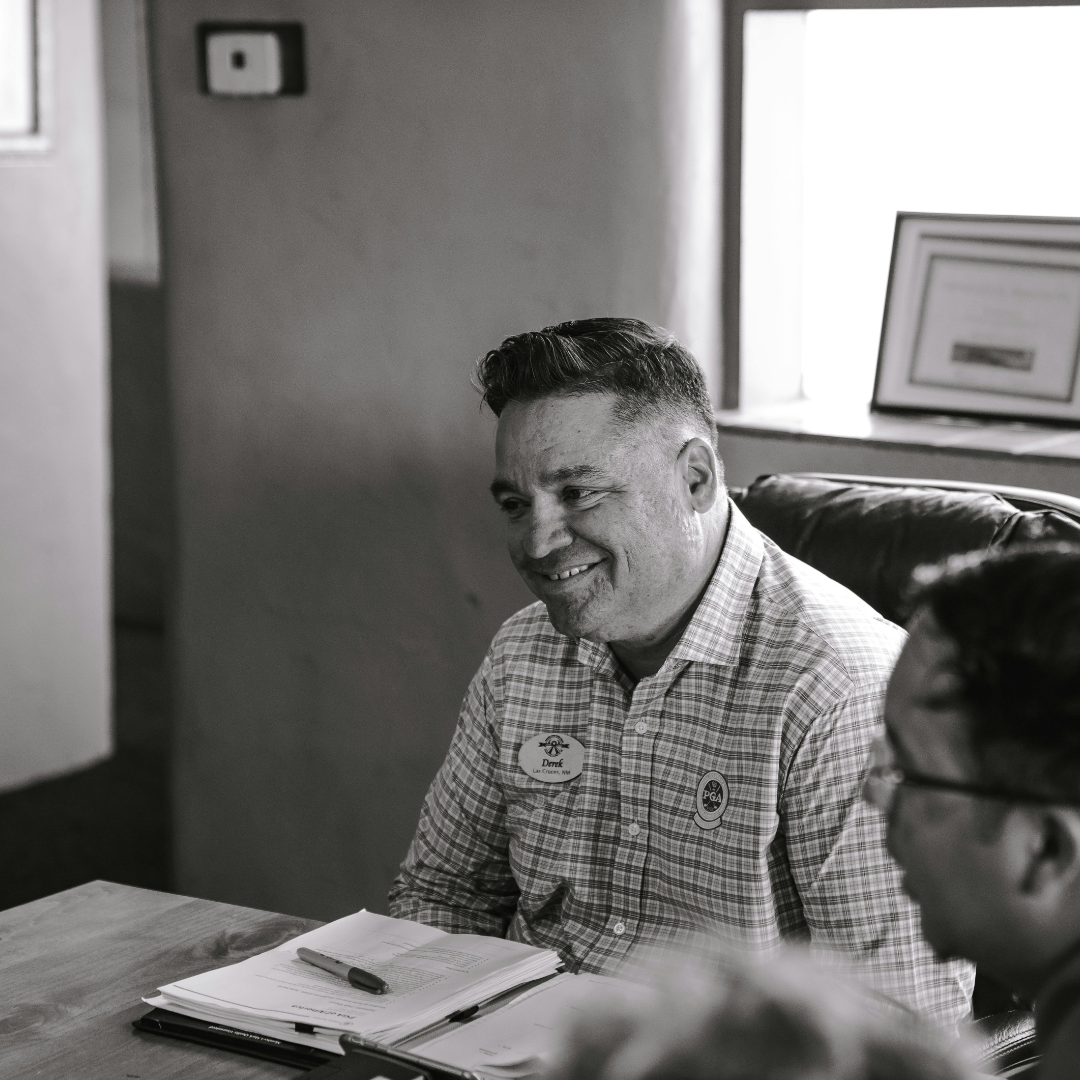Mindful Exercises for Dual Diagnosis Treatment

Individuals often engage in substance misuse due to underlying issues, including past trauma and depression. Alcohol and drugs help them self-medicate and, for a period, seem to dull the emotional pain. However, when drinking and drug use become habitual, problems multiply, threatening family stability, job security and personal safety.
When a patient with mental health issues enters rehab for drug addiction, recovery goals must focus on mental health and quitting alcohol or drug use. Individuals benefit from holistic treatment that addresses their mental, physical and spiritual needs. Individuals with dual diagnoses who enter substance abuse recovery programs benefit from psychiatric care for mental health issues that stand in the way of recovery. Mindfulness-based relapse prevention is a treatment that’s proven helpful for dual diagnosis patients at Serenity Springs Recovery Center.
What Is Mindfulness?
Mindfulness means being in the moment. People tend to move through everyday life with many things on their minds. For example, an employee in a team meeting may not be fully attuned to a discussion because they’re worried about the meeting running too long and preventing them from making a medical appointment on time.
A parent busy preparing dinner hears their child talking about a problem at school but may not listen intently if they’re thinking about a disagreement they had with their boss. Mindfulness means tuning out the background noise that interferes with being in the moment when dealing with people and situations.
Living in the Moment
Being mindful means focusing on what’s important at a particular moment, but for most people, that level of focus doesn’t come naturally. Mindfulness is intentional. People can learn to be mindful or live in the present moment, but it takes commitment and practice.
How Can Meditation and Mindfulness Help You in Recovery?
In a busy world full of uncertainty, it’s easy to become anxious and worry about what’s next. Worries about job security, illness, relationships and responsibilities can take a toll, especially if they dominate your thinking often or all at once. Replaying past hurts and trauma can become an unhealthy routine that controls the ability to forgive and trust.
Meditation and mindfulness exercises during addiction recovery can help you respond more positively to challenging experiences. When integrated with traditional addiction treatment, mindfulness practices can reduce the risk of relapse.
Mindfulness for Dual Diagnosis Treatment Empowers People
Individuals use alcohol and drugs not only to forget troubling thoughts but to relieve stress. Earning a promotion at work, getting married and starting a family are experiences typically filled with anticipation and joy. However, life events that make people happy can also cause uneasiness on the inside because of external forces — the definition of stress. Like anxiety and worry, the need for stress relief factors into the decision to use alcohol or drugs for perceived relief.
Mindfulness practice helps men with dual diagnoses discover how to use self-regulation before making decisions that could lead to dangerous consequences. It’s like pushing a pause button to consider the possible outcomes before taking a pill or drink. Studies suggest that mindfulness-based relapse prevention, which integrates cognitive behavioral therapy and mindfulness, can help change the brain for the better. Mindfulness-based relapse prevention can help men deal with triggers that lead to relapse and stressful situations.
Basic Mindful Exercises for Men’s Dual Diagnosis Treatment
One of the goals of mindful practices is to help individuals tolerate uncomfortable feelings and thoughts that trigger the desire to use alcohol or drugs. Mindfulness techniques helpful to men with dual diagnoses include mindfulness-based cognitive therapy, mindfulness meditation, working through menacing thoughts and practicing mindfulness-based stress reduction.
Mindfulness exercises at Serenity Springs Recovery Center help patients recognize cues to impulsive behaviors. Addiction treatments that include mindfulness help individuals develop a tolerance for certain feelings and thoughts that may lead to drug use or alcohol addiction.
Patients can reduce their chances of relapse by understanding that those feelings don’t last forever and realizing they can control them. Substance abuse treatment that includes mindfulness empowers patients to take charge of their thoughts rather than allowing thoughts to control their actions.
Thoughts Are Not Actions
Mindfulness practice is helpful for any situation where an individual may feel tempted to drink or use drugs. Upon receiving a dinner invitation from family members, an individual who’s quit drinking might think about how family gatherings always involve beer. As a result, they may visualize old times when they got drunk at family gatherings. These thoughts may resurface when the individual thinks about gathering with their family.
The key is to recognize that thoughts are not actions. By engaging in mindfulness-based treatments where they can practice mindfulness exercises, individuals addicted to substances can learn to work through such thoughts. They can stop judging themselves based on thoughts and, most importantly, stop allowing pessimistic thinking and negative thoughts to control their actions.
Mindfulness and Other Addiction Therapies at Serenity Springs Recovery Center
In addition to mindfulness activities, Serenity Springs Recovery Center offers activities and programs to promote optimal physical and mental health. Holistic therapies available to men with dual diagnoses include individual and group therapy, 12-step programs, medications to lessen withdrawal symptoms, nutritious meals, fitness classes and psychiatric care for those in residential and partial hospitalization programs. Patients can participate in eye movement desensitization and reprocessing (EMDR), a treatment for emotional stress from negative experiences and past traumas.
Whether in the residential, partial hospitalization or intensive outpatient treatment program, men with dual diagnoses who come to Serenity Springs Recovery Center can expect compassionate and evidence-based treatments to help them succeed on their recovery journey. Mindfulness-based interventions help promote long-term sobriety.
Get Help for Dual Diagnosis
If you have a dual diagnosis and need an addiction treatment program that addresses your mental health needs while helping you be successful in recovery, Serenity Springs Recovery Center can help. Call us at 386-423-4540 to schedule an appointment.
Our compassionate professionals will be happy to answer your questions about addiction recovery programs to help your mind, body and spirit experience the feeling of becoming mentally healthy and substance free.




